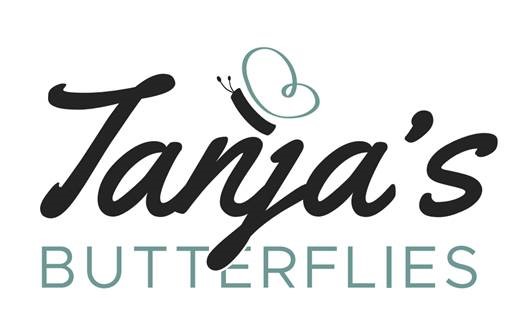
Transitions
My summer was all „in between“. In between ending and re-starting kindergarden. In between day trips, visiting relatives and even our first real camping get-away with the kids (which felt like five minutes at the lake wrapped in two days of packing and two days of unpacking…). In between digesting six months of intense workshops at Product Academy and getting ready for a packed agenda in fall. But also in between my business me and my creative me. And it felt like both were constantly craving for more attention.
It did not feel like a break, it felt like a restless and never-ending transition. That’s why I am so grateful my dear friend Arjanna recommended a book called „Transitions. Making sense of Life’s Changes“ by William Bridges.
Here are my four take-aways from this summer read:
1) We often mistake change for transition. „Change is situational. Transition, on the other hand is psychological. It is not those events but rather the inner reorientation and self-redefinition that you have to go through in order to incorporate any of those changes into your life. Without a transition, a change is just a rearrangement of the furniture. Unless transition happens, the change won’t work, because it doesn’t take.“ (quoting page xiii of the book)
2) Every transition consists of three phases: ending, neutral zone and beginning. Yes, that’s right. Contrary to common belief, the ending is what sets off the transition.
3) Our society is typcially over-emphasizing new beginnings and tends to pay too little attention to what’s ending. We congratulate parents on the birth of their new-born while they forget to take time to realize and maybe even grieve the end of an era in their life.
So I spent a lot of time thinking about all the things that have ended in my life in the last decades and how I feel about them. Were they self-induced or did I have to deal with other people’s decisions? What are the stories I tell myself about the endings in my life and how did they lead to new beginnings? My default reaction to self-inflicted endings seems to be making hasty and drastic changes in my life like changing countries, while when faced with endings brought on me by others I tend to hide my sadness behind my anger and cut the cord with these people entirely. What’s your way of dealing with endings?
4) It’s time to make peace with the messy middle. Often, we also don’t feel comfortable with the second phase: the neutral zone where life looks like it’s stalled. We feel like rushing this phase, craving for clarity and direction. Not having the answers leaves us restless and lost, so we have the urge to fast-track our decisions and take action right away. But this is a time of non-action. All it takes is time and nothingness, so the inner workings of your transition can unfold.
The book extensively talks about the importance of rites of passage, mentioning cultures that send adolescents into the wilderness for an indefinite amount of time, knowing they will return changed when it is their time to re-enter socienty in a new role. Our fast-paced lives often don’t leave room for any of that. If I dared to put my life on hold right now, I’d be hiking the Pacific Crest Trail for months in order to clear my head. But the least I can do is acknowledge that I am in transition, to surrender to it and not blame myself for not having figured out my next move yet.
So if you feel like you are in transition, too, here are some take-away questions for you – drawn from the book:
- What is it time to let go of in your own life right now?
- What is standing backstage, in the wings of your life, waiting to make its entrance?
- What would be unlived in your life if it ended today?
Wishing you just the right amount of alone time to process – wherever you are right now.
Lots of love,
Tanja



